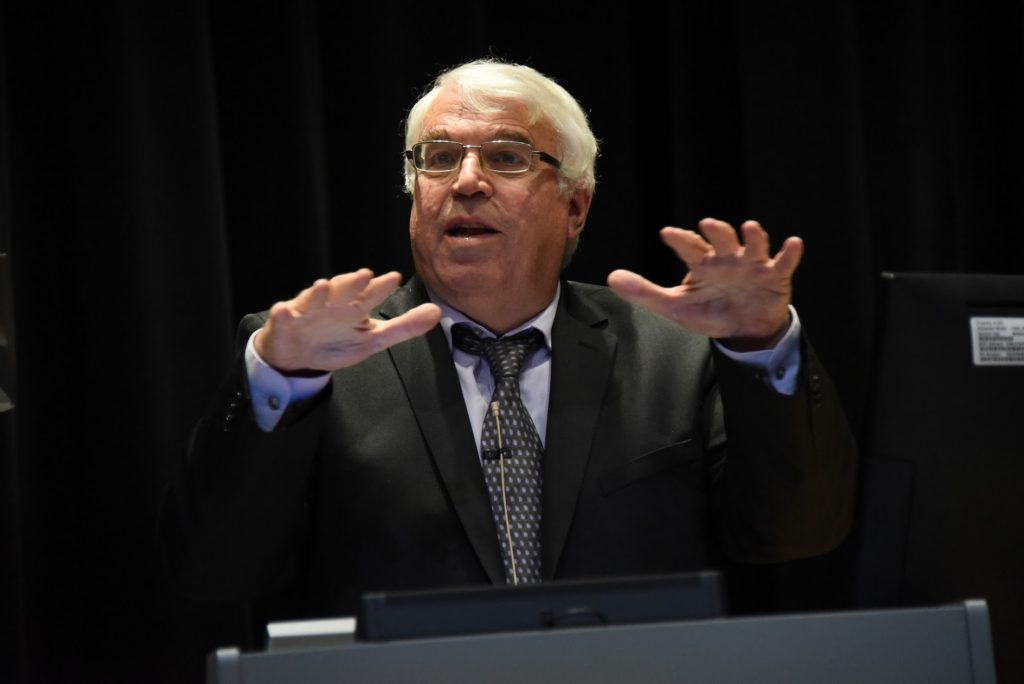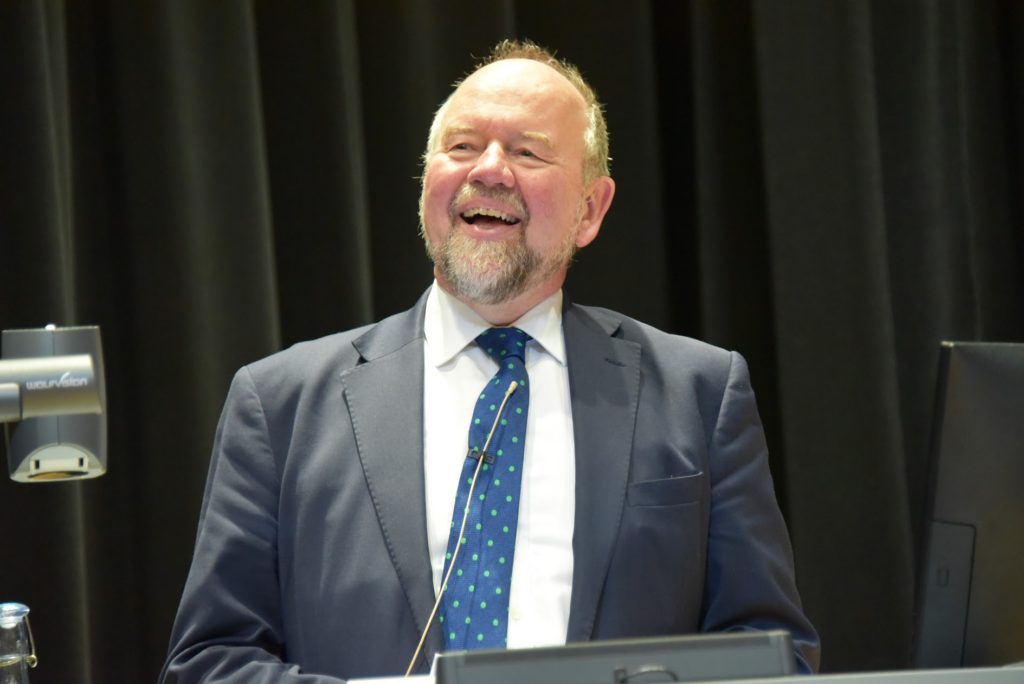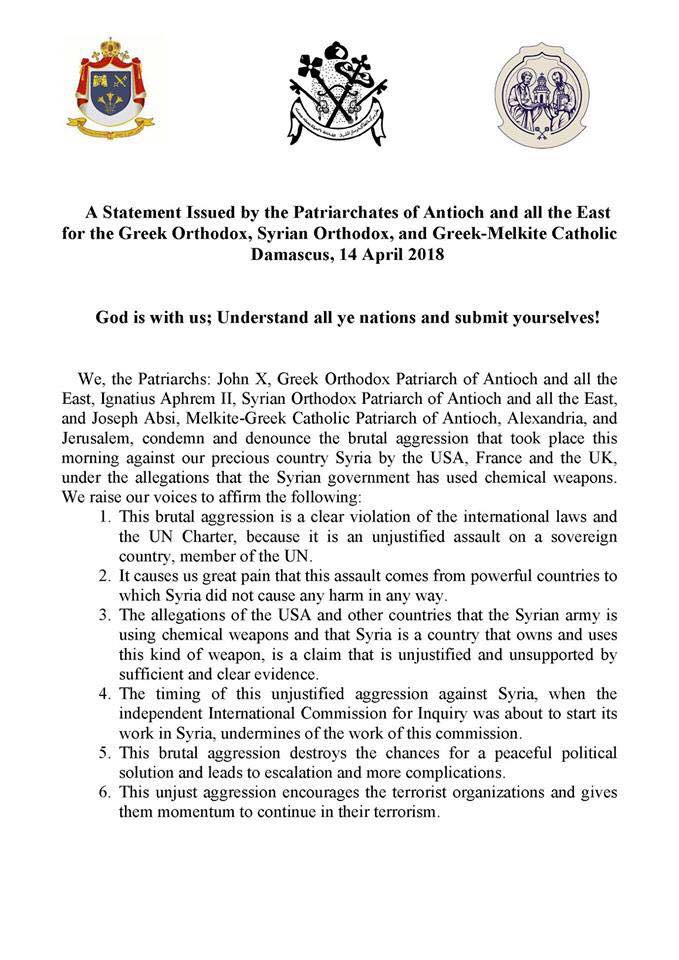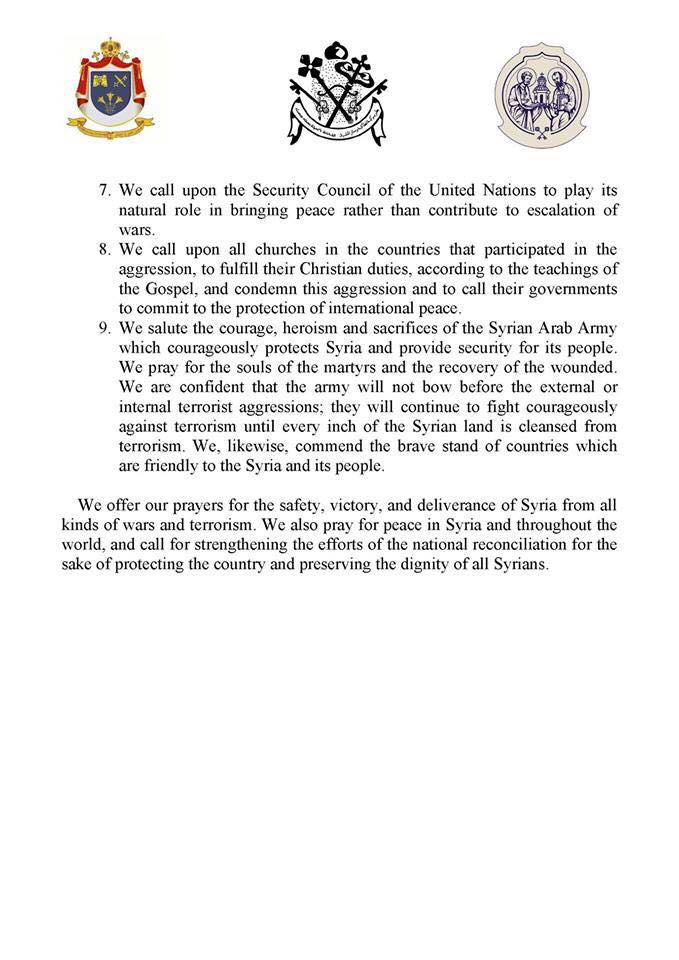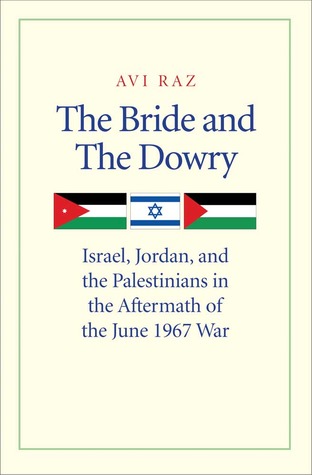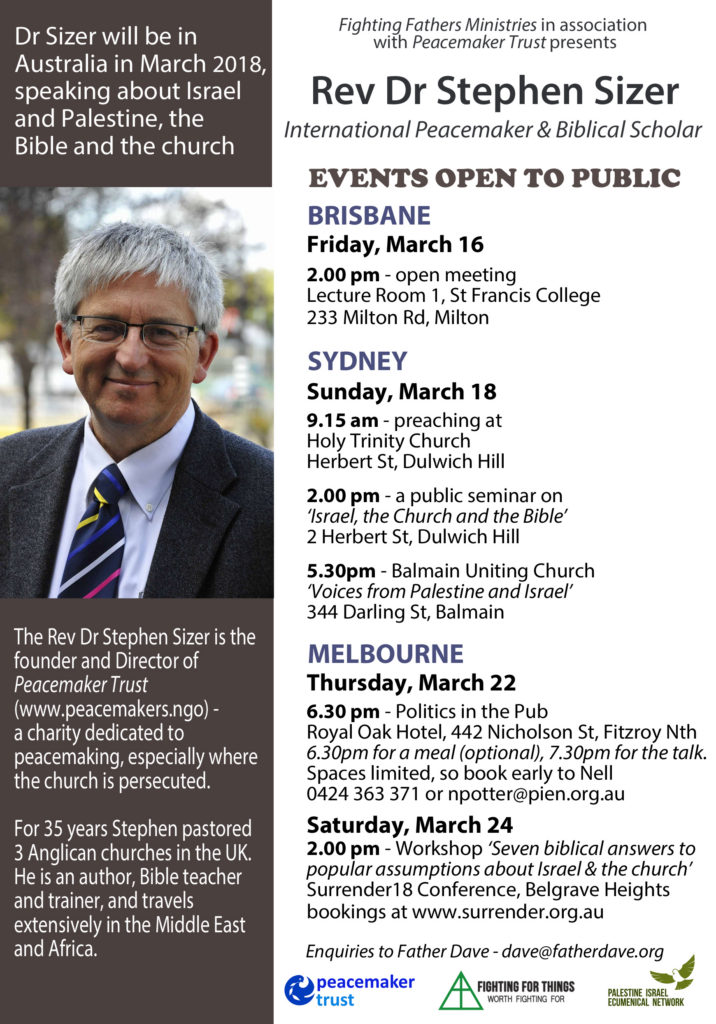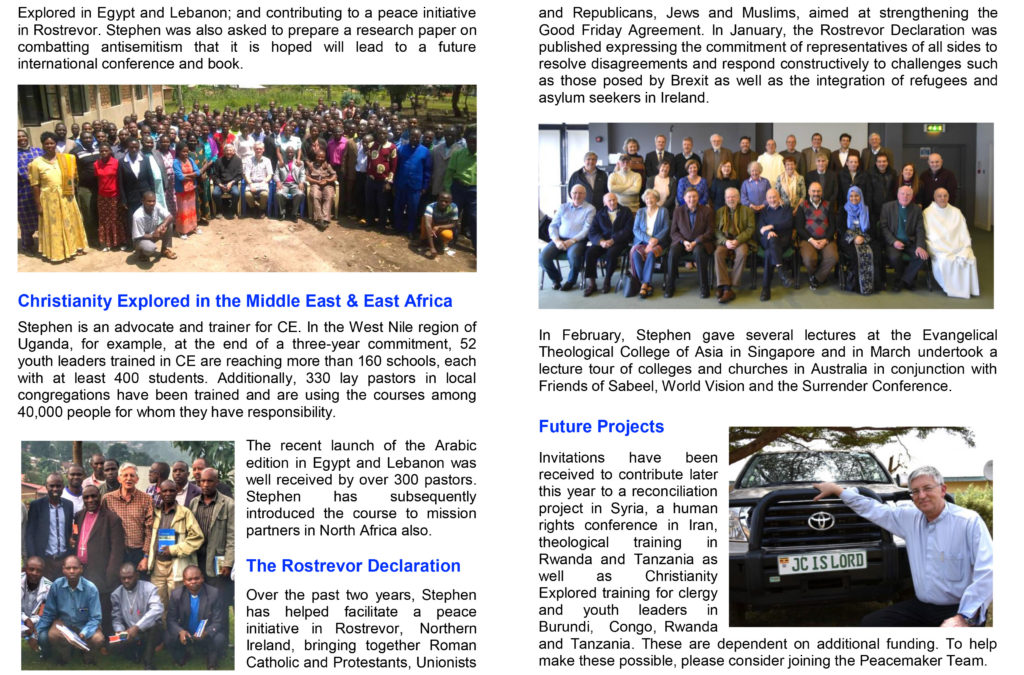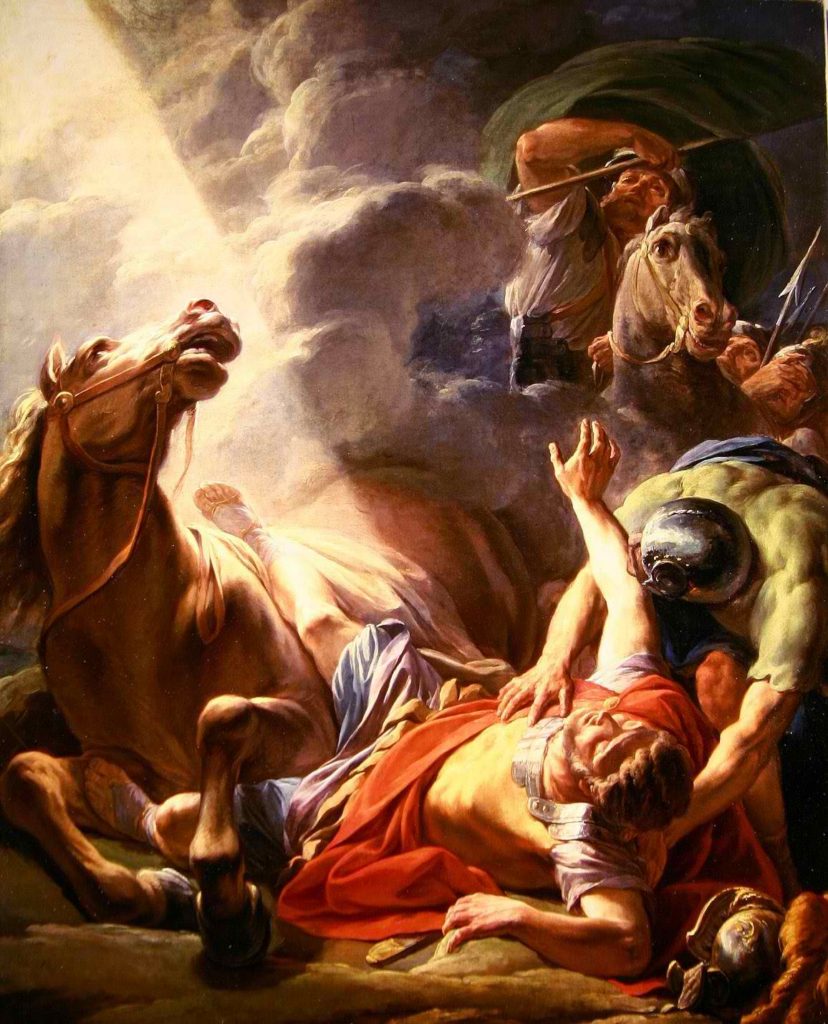 Frank Sinatra’s song, “I did it my way”, would have made a good epitaph on my early life. I was brought up in a Christian home, believed in God and we went to church on Sundays. I thought Jesus was a good man sent from God but Easter didn’t make sense. If only Jesus had not died, he could have done so much more good in the world. I had a Bible but it had small print and was written in old English so I rarely attempted to read it. When I left home and went to work in London for the Civil Service, I never got round to finding a church. I tried to live by the Ten Commandments and hoped that when I died, in the scales, my good would outweigh my bad. I remember praying on the way to work thanking God for the beauty of creation but he always seemed distant, like a sepia photo of my great-grandparent, we were related but I didn’t know them. Then I had the opportunity to go to University at Sussex. I met two people, Trent and Ed, who talked about Jesus as a personal friend. They explained that God loved me and created me to know and enjoy him for ever. They told me what I already know – that I fell short of God’s standards and although I may not be as bad as I could be, I could never be as good as I should be. My sin cut me off from God and because the wages of sin is death. The good news is that God sent his son, the Lord Jesus Christ, to die in our place, to forgive our sins and give us the gift of eternal life. They showed me that the Bible promised, if I trusted in Jesus as my Lord and Saviour I would experience God’s love and forgiveness.
Frank Sinatra’s song, “I did it my way”, would have made a good epitaph on my early life. I was brought up in a Christian home, believed in God and we went to church on Sundays. I thought Jesus was a good man sent from God but Easter didn’t make sense. If only Jesus had not died, he could have done so much more good in the world. I had a Bible but it had small print and was written in old English so I rarely attempted to read it. When I left home and went to work in London for the Civil Service, I never got round to finding a church. I tried to live by the Ten Commandments and hoped that when I died, in the scales, my good would outweigh my bad. I remember praying on the way to work thanking God for the beauty of creation but he always seemed distant, like a sepia photo of my great-grandparent, we were related but I didn’t know them. Then I had the opportunity to go to University at Sussex. I met two people, Trent and Ed, who talked about Jesus as a personal friend. They explained that God loved me and created me to know and enjoy him for ever. They told me what I already know – that I fell short of God’s standards and although I may not be as bad as I could be, I could never be as good as I should be. My sin cut me off from God and because the wages of sin is death. The good news is that God sent his son, the Lord Jesus Christ, to die in our place, to forgive our sins and give us the gift of eternal life. They showed me that the Bible promised, if I trusted in Jesus as my Lord and Saviour I would experience God’s love and forgiveness.
Continue reading →
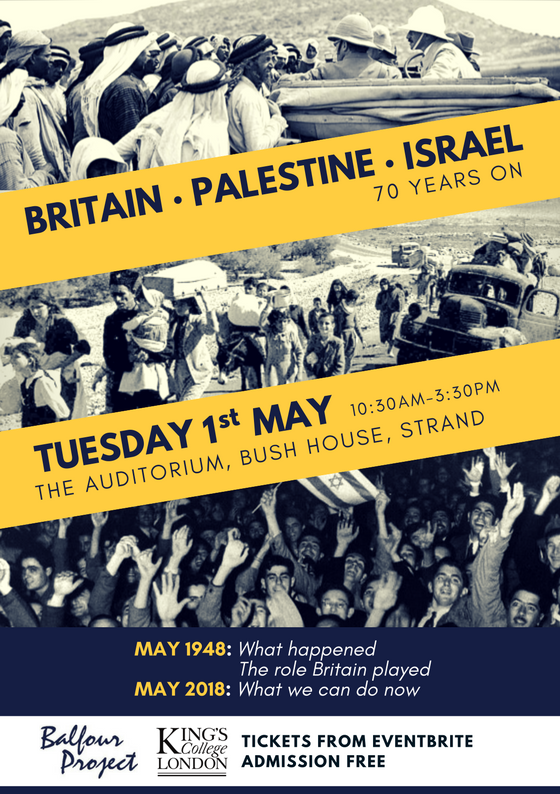 Photos of yesterday’s conference organised by King’s College, London & Balfour Project: 1st May 2018.
Photos of yesterday’s conference organised by King’s College, London & Balfour Project: 1st May 2018.

